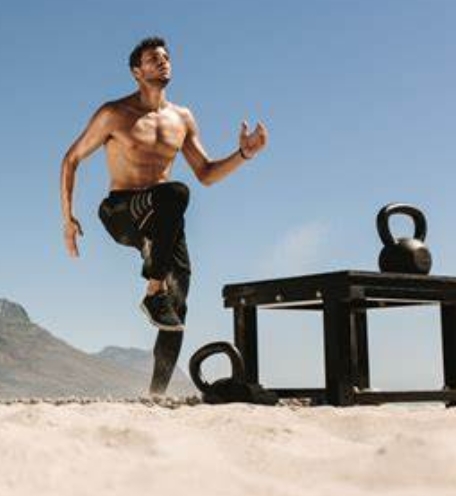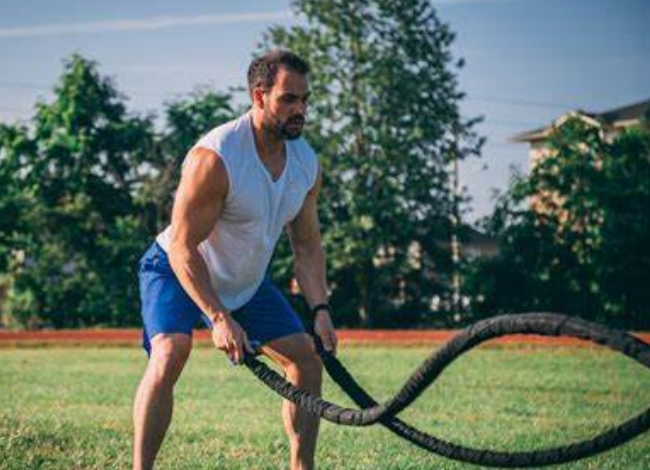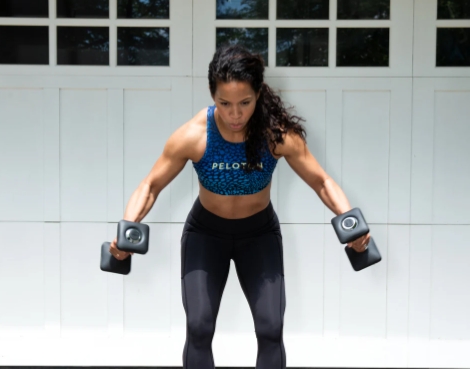Hydration is often an overlooked aspect of fitness, but it plays an essential role in achieving optimal performance and maintaining overall health. Water is the foundation of nearly every bodily function, and staying properly hydrated is critical for muscle function, energy levels, and recovery. Whether you’re engaging in a high-intensity workout, going for a long run, or simply going through your daily routine, hydration impacts your body’s ability to perform at its best.
The human body is made up of approximately 60% water, and that water is needed for a wide range of bodily functions. Water helps regulate body temperature, lubricates joints, transports nutrients, and supports digestion. During physical activity, the body loses water through sweat, and replenishing this lost fluid is crucial to maintaining performance and preventing dehydration.
One of the most important aspects of hydration during exercise is temperature regulation. As your muscles work harder during physical activity, your body produces heat. Sweating is your body’s natural cooling mechanism, but it also results in fluid loss. Without adequate hydration, your body’s ability to regulate temperature can become compromised, increasing the risk of heat exhaustion or heatstroke. Proper hydration helps ensure that your body can sweat effectively and maintain an optimal temperature.
Another critical function of hydration is its effect on muscle function. Water is involved in the contraction and relaxation of muscles, and even slight dehydration can impair muscle function, leading to cramping, fatigue, and decreased performance. Dehydration makes it harder for muscles to repair after a workout, which can extend recovery time and increase the risk of injury. Staying hydrated helps muscles work more efficiently, reduces the chances of cramping, and speeds up recovery post-exercise.
Hydration also plays a vital role in energy levels during exercise. Even mild dehydration can result in feelings of fatigue, sluggishness, and decreased endurance. When your body is dehydrated, it has to work harder to perform the same tasks, leading to quicker fatigue and a drop in performance. Drinking enough water before, during, and after exercise helps sustain energy levels, allowing you to push through longer workouts and perform at your best.
In addition to its direct impact on physical performance, hydration is also essential for mental clarity and focus. Dehydration can lead to headaches, dizziness, and a lack of concentration, all of which can interfere with your ability to stay focused during exercise. Proper hydration supports cognitive function, ensuring that you stay alert and maintain good form throughout your workout.
It’s important to note that hydration needs vary from person to person depending on factors like body size, the intensity of exercise, climate, and duration of physical activity. A general guideline is to drink at least 8 cups (64 ounces) of water per day, but athletes or individuals engaging in intense exercise may need more. A good rule of thumb is to drink water before you feel thirsty, as thirst is often a sign that your body is already dehydrated.
In addition to water, beverages like sports drinks can be helpful for longer, more intense workouts, as they help replenish lost electrolytes, such as sodium, potassium, and magnesium, that are essential for muscle function. However, be mindful of the sugar content in many sports drinks, as excessive sugar intake can counteract the benefits.
If you’re working out in a hot or humid environment, it’s especially important to monitor your hydration levels. Make sure to drink water regularly, and if you notice signs of dehydration—such as dry mouth, dark-colored urine, dizziness, or fatigue—take a break, hydrate, and rest.
In conclusion, hydration is crucial for maximizing fitness performance and ensuring a quick and effective recovery. Water supports almost every bodily function, including temperature regulation, muscle function, and energy levels. Whether you’re training for a marathon, hitting the gym, or simply staying active, making hydration a priority will help you perform at your best and keep your body healthy. So, remember to drink up before, during, and after your workouts, and listen to your body’s signals to stay properly hydrated and perform at your peak.





